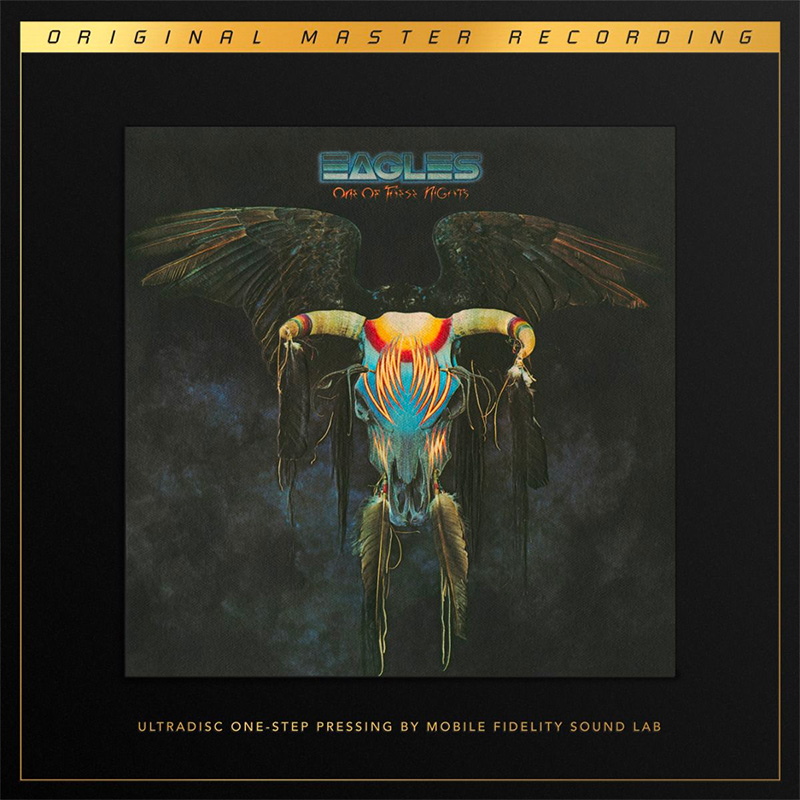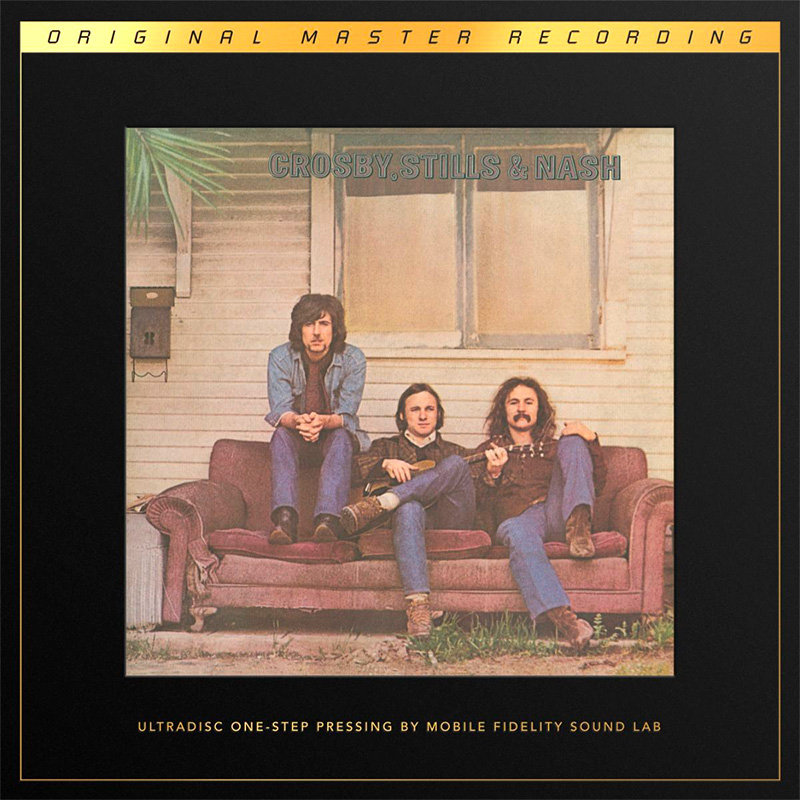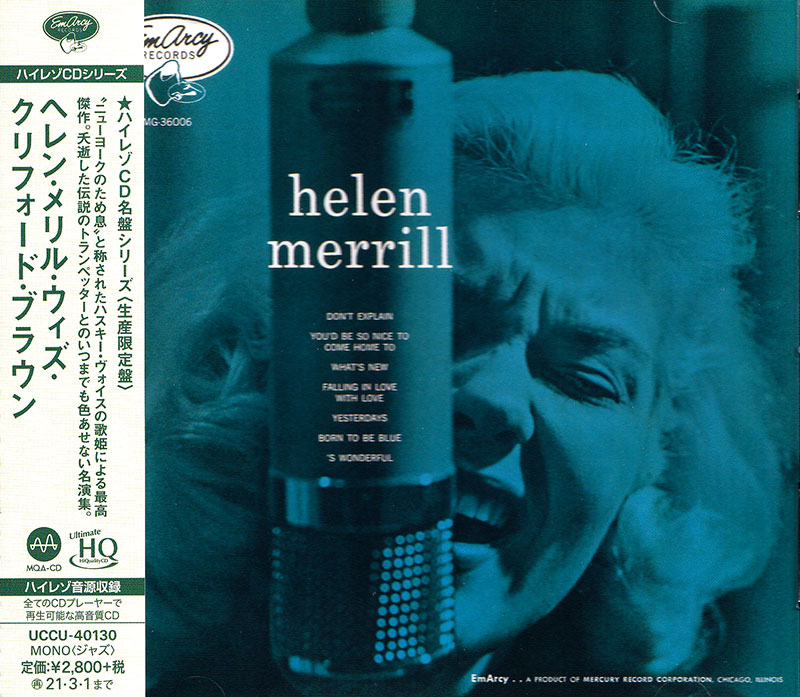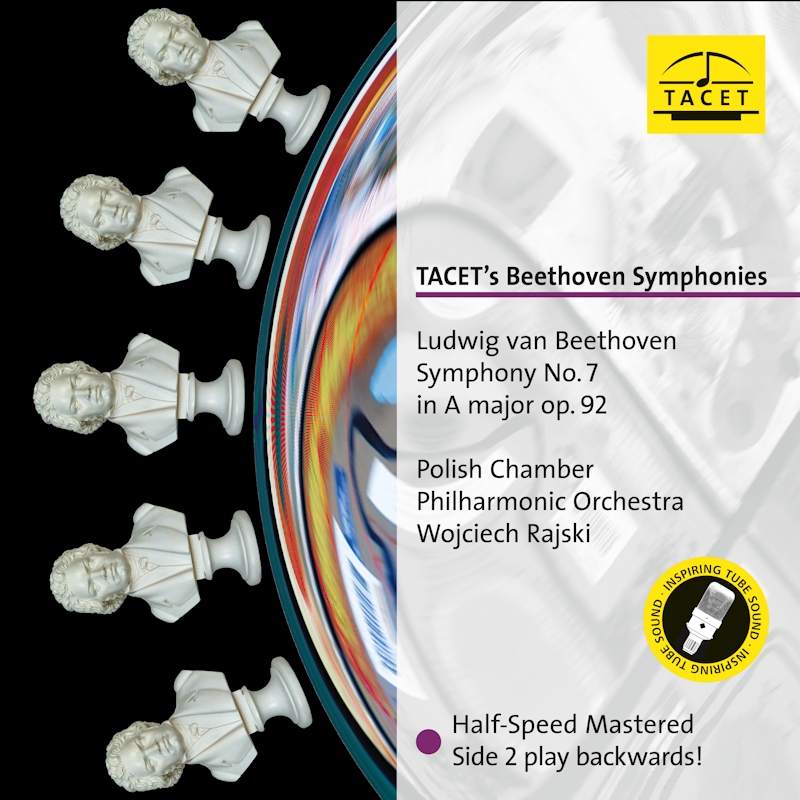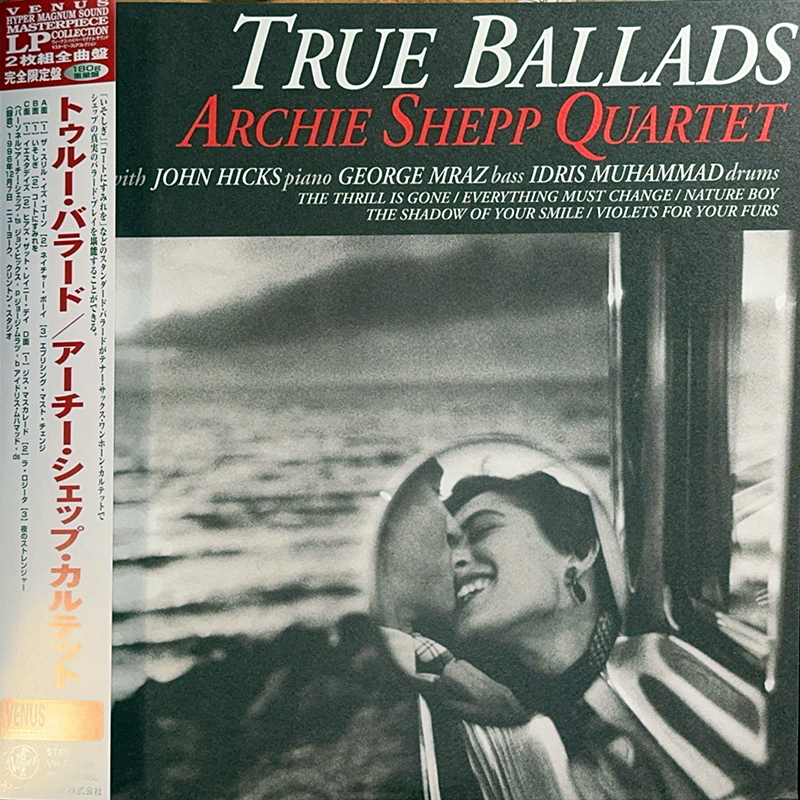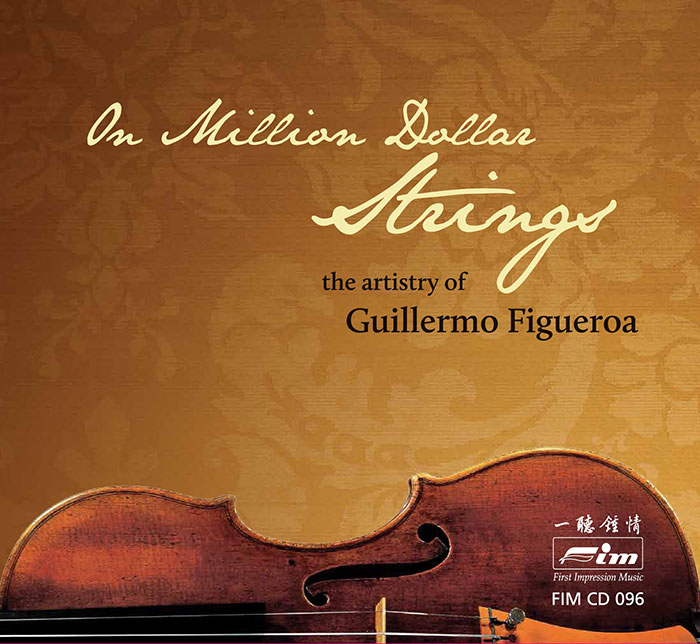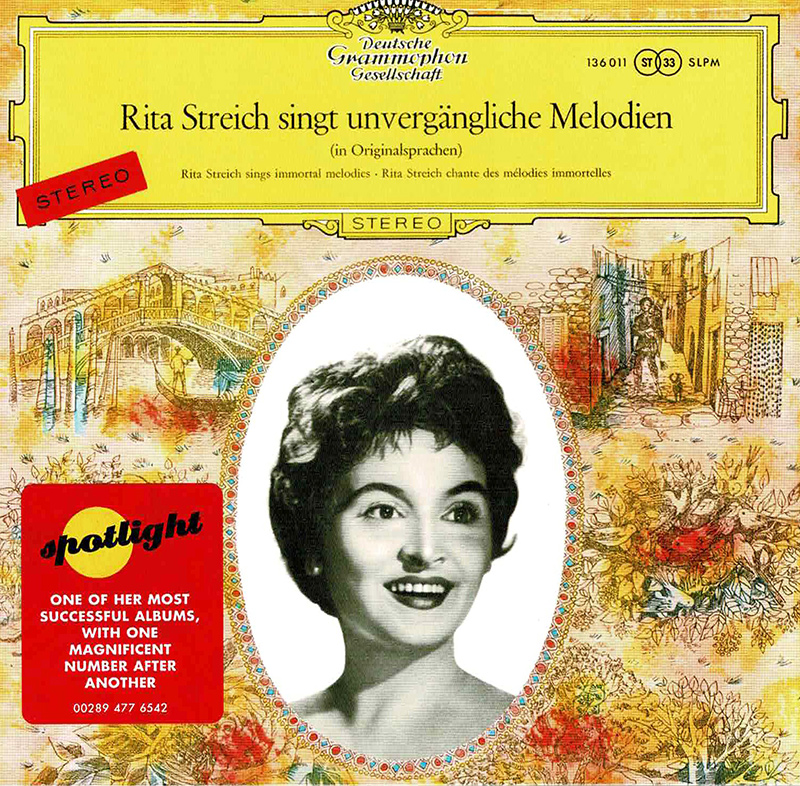Logowanie
OSTATNIE EGZEMPLARZE
Jakość LABORATORYJNA!
ORFF, Gundula Janowitz, Gerhard Stolze, Dietrich-Fischer Dieskau, Deutsche Oper Berlin, Eugen Jochum
Carmina Burana
ESOTERIC - NUMER JEDEN W ŚWIECIE AUDIOFILII I MELOMANÓW - SACD HYBR
Winylowy niezbędnik
ClearAudio
Essence MC
kumulacja zoptymalizowana: najlepsze z najważniejszych i najważniejsze z najlepszych cech przetworników Clearaudio
Direct-To-Disc
PIAZZOLLA, ChamberJam Europe
Tangos del Ángel y del Diablo
Direct-to-Disc ( D2D ) - Numbered Limited Edition
Rita Streich, Radio-Smphonie-Orchester Berlin, Kurt Gaebel
Rita Streich singt unvergängliche Melodien
- Rita Streich - soprano
- Radio-Smphonie-Orchester Berlin - orchestra
- Kurt Gaebel - conductor
AllMusic Review by James Manheim [-] The category of light vocal music by German singers is not large, but this recording may be its historical high point. It was made in 1958, and part of its original Deutsche Grammophon liner notes are reproduced on the inside of the package. The claim of "rare, clear-as-a-bell beauty" for the voice of soprano Rita Streich is justifiable, and the various French and Italian selections are elegant -- you get an idea that the album represents a blast from the past when you notice that the packaging proclaims that the "immortal melodies" contained therein are sung "in Originalsprachen" or original languages. Saint-Saëns' Le rossignol et la rose, track 2, is an especially evocative bit of sheer vocal charm. The meat of the program, however, is in the light German-language pieces of Johann Strauss II. Here the variety of Streich's personality emerges, with lusty hum or coexisting side by side with endearing melancholy or artless beauty. The lack of texts is a problem for those who have no German, but this is the kind of recording that can be enjoyed to an extent without them; one doesn't need a text to appreciate the remarkably relaxed high notes that conclude many of Streich's efforts here. The sound, originally shaped right at the beginning of the time when people sometimes bought Deutsche Grammophon recordings just to experience the latest in German engineering accomplishments, has been beautifully transferred to a digital environment. The venerable Deutsche Grammophon imprint may be a pale shadow of its former self, but its staff has shown praiseworthy imagination in reissuing this long out-of-print recording, which would make a great and probably unexpected gift for any lover of operatic singing.
